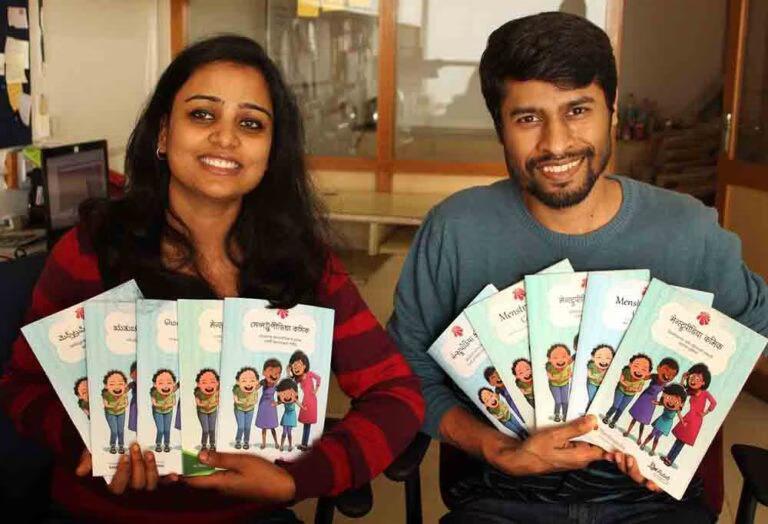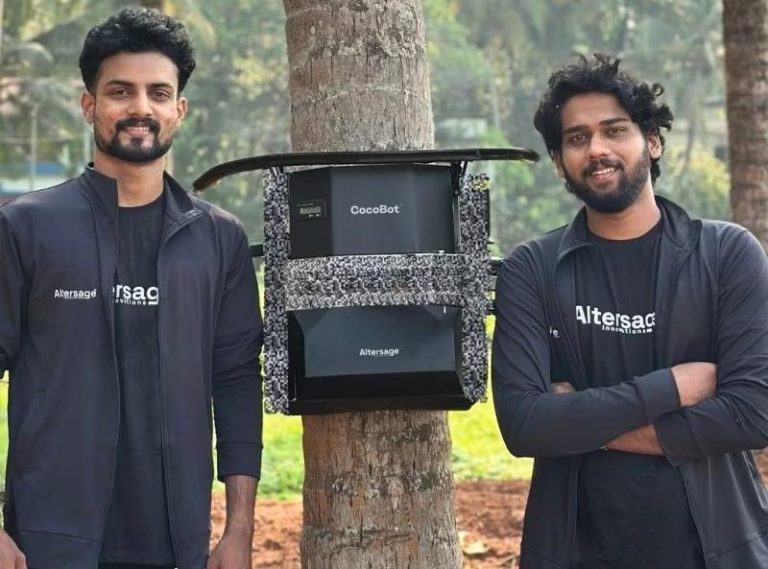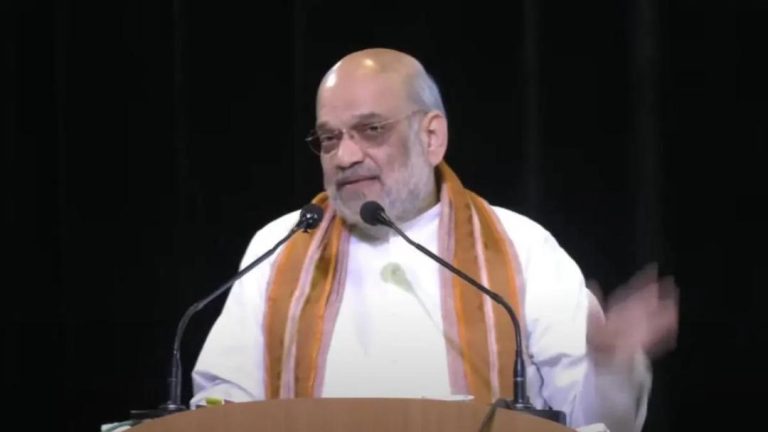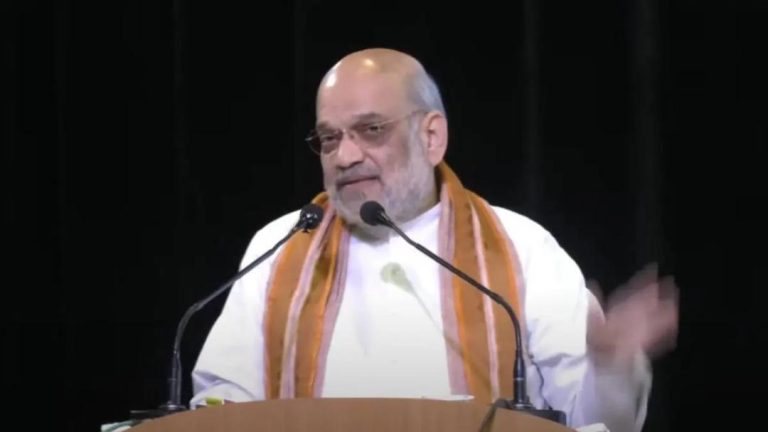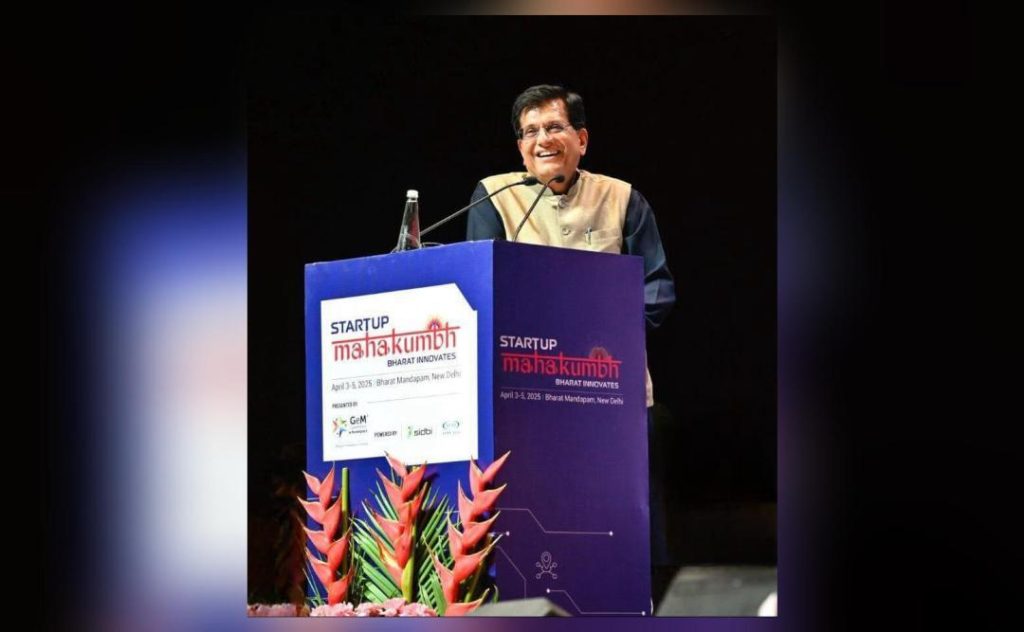
Giving fancy packaging to ice-creams & cookies is not start-up: Piyush Goyal
In a recent address at Startup Mahakumbh 2025, Union Minister of Commerce and Industry, Piyush Goyal, emphasized the importance of innovation and entrepreneurship in the start-up ecosystem. While discussing the concept of start-ups, he made a thought-provoking remark that caught the attention of the audience. According to him, giving fancy packaging to ice-creams and cookies doesn’t make it a start-up. He considered it as entrepreneurship and a business model, rather than a true start-up.
Goyal’s statement is a reflection of the current state of the start-up ecosystem in India. With the rise of e-commerce and digital platforms, many businesses are adopting the label of start-ups to gain an edge in the market. However, this trend is not only misleading but also detrimental to the growth of genuine start-ups that are working on innovative ideas and solutions.
The minister’s remarks are particularly significant in the context of the Indian start-up ecosystem, which is currently dominated by businesses that focus on e-commerce, food delivery, and other similar sectors. While these businesses have indeed created jobs and generated revenue, they are not necessarily driving innovation or disruption in their respective industries.
On the other hand, start-ups that are focused on deep-tech areas such as artificial intelligence (AI), 3D printing, and cybersecurity are few and far between. According to Goyal, there are only around 1,000 start-ups in India’s deep-tech space, which is a disturbing situation. This highlights the need for more focus on innovation and R&D in the start-up ecosystem.
Goyal’s comments are also relevant in the context of the global start-up ecosystem. Many countries, including the United States, China, and Israel, are focused on developing start-ups that are working on cutting-edge technologies such as AI, robotics, and biotechnology. In contrast, India’s start-up ecosystem is still dominated by businesses that focus on traditional sectors such as e-commerce and food delivery.
The minister’s remarks also raise important questions about the role of government and policymakers in promoting innovation and entrepreneurship. While the government has taken several initiatives to promote start-ups, including the establishment of incubators and accelerators, more needs to be done to encourage innovation and R&D in the start-up ecosystem.
One of the key challenges facing the start-up ecosystem in India is the lack of funding and resources. Many start-ups struggle to access capital, talent, and infrastructure, which makes it difficult for them to scale and grow. The government and policymakers can play a crucial role in addressing these challenges by providing funding, tax incentives, and other forms of support to start-ups.
Another challenge facing the start-up ecosystem is the lack of a clear definition of what constitutes a start-up. While there is no one-size-fits-all definition, a start-up is generally considered to be a business that is innovative, scalable, and has the potential to disrupt an industry or create new markets. In contrast, businesses that focus on traditional sectors such as e-commerce and food delivery may not necessarily meet these criteria.
In conclusion, Piyush Goyal’s remarks at Startup Mahakumbh 2025 highlight the importance of innovation and entrepreneurship in the start-up ecosystem. While giving fancy packaging to ice-creams and cookies may not make it a start-up, genuine start-ups that are focused on innovation and disruption are the ones that can create jobs, generate revenue, and drive economic growth. It is essential for policymakers and entrepreneurs to prioritize innovation and R&D in the start-up ecosystem to create a vibrant and dynamic economy.
Source: https://x.com/moneycontrolcom/status/1907795297826378009
